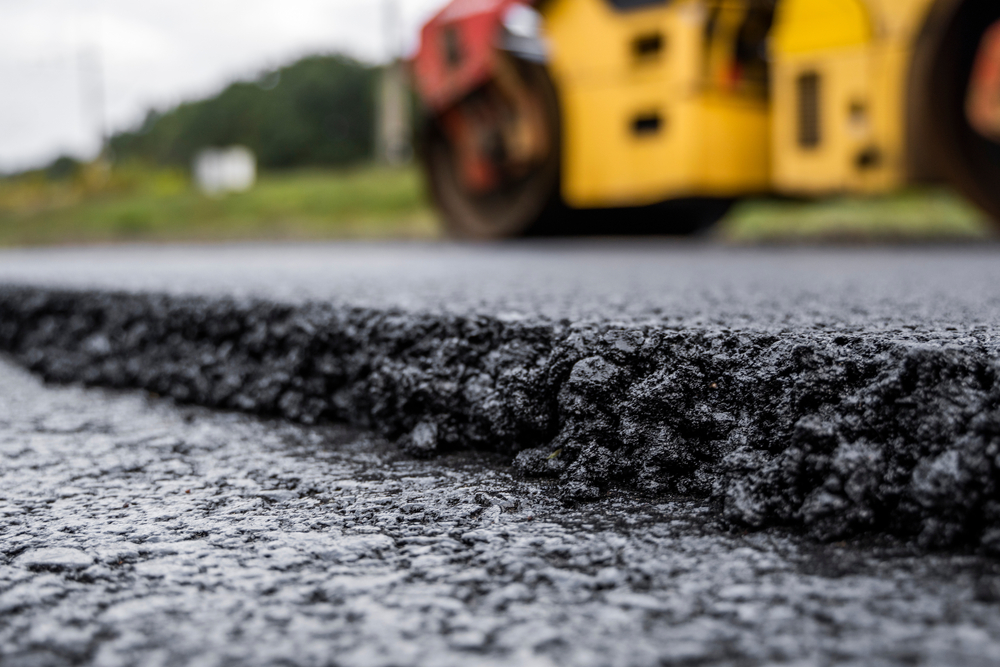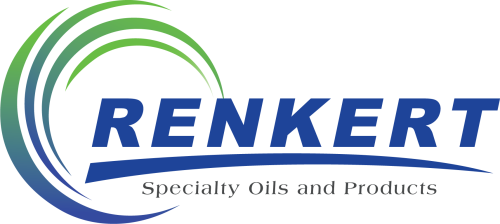
Fighting the release of volatile organic compounds (VOCs) from cutback asphalt (bitumen) solvents into the atmosphere has been a top priority of Canadian regulators for several years.
Though the issue has gained traction in some U.S. states, such as Pennsylvania, the Canadian Environmental Protection Agency (EPA) codified nationwide standards in 2016.
Since then, they have increased the pressure on the highway construction industry, among others, to curtail VOC emissions. As of 2022, Canada’s EPA has set VOC concentration limits that companies must apply for permits to exceed.
This has generated increased interest in eco-friendly alternatives to traditional cutback asphalt. Bitumen isn’t going away anytime soon, but the use of VOC-free “road oils” can help bring asphalt into regulatory compliance.
The Importance of Cutback Asphalt in Road Construction
Cutback asphalt is a mixture of traditional bitumen with a petroleum solvent. This provides a lower viscosity and pour point compared with bitumen alone, providing ideal spreadability when applied as a prime coat, particularly in low temperatures.
In addition to the spreadability of the solution (for ease of application), the other key characteristic is the volatility of the solvent. After its application to the base layer, the solvent must evaporate to leave behind adhesive bitumen that promotes bonding to top-layer pavement.
Without the consistent application of cutback asphalt across the base layer and the complete evaporation of the solvent (the “curing” process), pavement bonding would be compromised. This leads to premature cracking, dangerous potholes, and costly repaving.
Thankfully, the health and environmental risks associated with the curing process can be mitigated without compromising the effectiveness of cutback asphalt.
Curing Methods for Cutback Asphalt
There are three types of curing. Each corresponds to how long it takes for the solvent to evaporate, which is driven by the volatility of the solvent used:
- Rapid Curing. This is achieved through the use of the most volatile petroleum solvents, such as gasoline or naphtha, which are 100% VOCs.
- Medium Curing. This is the most common method, achieved through the use of kerosene, which is somewhat less volatile but is also 100% VOCs.
- Slow Curing. This method, which uses a variety of specialty oils that are generally less volatile with slower evaporation, is gaining renewed interest because the options include lower-VOC or VOC-free oils.
Depending on the “road oil” used, slow curing can be the solution to significantly reduce VOC emission from cutback asphalt.
What Type of “Road Oil” Works Best?
Key characteristics of an ideal product for Canadian EPA code compliance include, but are not limited to:
- Adhesion: Based upon high tack, heavy petroleum resins in a water-based emulsion provide strong adhesion.
- Volatility: No VOC solvents causing air pollution. Pure water is the carrier, reducing viscosity for easy application.
- Faster “slow” cure: Oils supplied in a 60% solids water-based emulsion can be applied neat or diluted 3-to-1 with water to allow lighter applications.
- Low viscosity: Optimal spreadability for base layer coverage and crevice penetration.
- Low-temperature application: No need to heat and can be applied in temps as low as 40 F.
We’ve checked all these boxes with Renoil Pre-Pave™ from Renkert Oil.
This stable asphalt emulsion road prime and curing seal is VOC-free, exceeding Canadian EPA standards. Renoil Pre-Pave has all the desired characteristics for a road bed priming system prior to paving.
As the fight against VOC emissions intensifies in Canada and throughout North America, Renoil Pre-Pave provides the road construction industry with the best answer!
Cutback Asphalt Alternative and Other VOC-free Solutions from Renkert Oil
Renoil PrePave is just one of several specialty solutions that we offer with applications across many different industries.
Some are engineered for volatility and adhesion, such as Renoil Pre-Pave. Others are low-volatility solutions for automotive fogging while improving soft-touch thermoplastic elastomer performance, such as Renoil-LV process oils.
What do they all have in common?
- Cost-effective formulations that are specific to your intended application.
- Verified VOC-free with a purity that meets or exceeds international standards.
- Superior supply security and logistics from locations across North America and Europe.
Whatever your application or industry, we have a specialty oil solution for you. Contact Renkert Oil for your consultation today.
